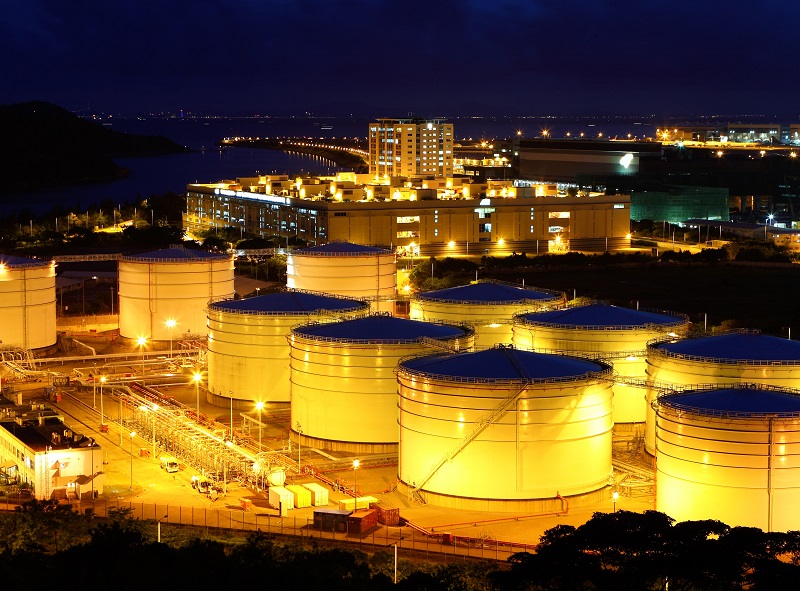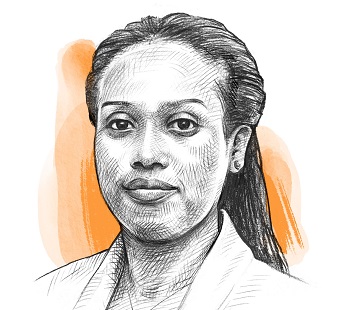Objective
-
€9.7mBUDGET
-
25/12/2016PROJECT START
-
38 monthsDURATION
The modernisation and expansion of civil protection project in Côte d’Ivoire is built up on three pillars:
• Building the capacities of civilian firefighers through training;
• Providing specialized equipment (trucks, water tanks, ambulances, intervention vehicles, firefighting equipment);
• Operationalizing infrastructure through dedicated work.
Training for 1,500 civilian firefighters
The basic training aims to provide 1,500 Ivorian firefighters with basic technical, theoretical and practical knowledge to allow them to be firefighters in their fire stations.
In this module, which is taught for 3 weeks, trainees will acquire knowledge about firefighting equipment and rescue-excavation, and will be sensitised to chemical, biological, flood, collapse and electrical risks. This training is being given in the Gendarmerie School in Abidjan. The courses and practical training are being led by Ivorian trainers, who are already qualified as supervisory staff and are advised by French experts who have specifically come for this mission.
It will be followed by specialised training for supervisory officers: manager of equipment for victim assistance or firefighting, group leader, water and coastal rescuer training course, trainer in roadside assistance, etc. These training courses began in 2018.
Rehabilitation and equipment of 10 regional emergency assistance centres
The rehabilitation of 10 emergency assistance centres is complementary to the works undertaken by the regional councils. It will ensure that these units are fully operational by equipping them with a permanent area for manoeuvring vehicles, security fences, an access road and entry gates, a washing area and sports facilities.
Each centre will also be provided with all the facilities required for its operation: offices, dormitories for on-call staff, hangars for vehicles, shops for small equipment, kitchen, canteen, rest and relaxation room, call reception centre.
Furthermore, all the firefighting and assistance equipment of each centre will be provided (trucks, water tanks, ambulances, first aid equipment, water pumps, intervention uniforms and helmets, radio and computer equipment, etc.).
For futher reading: Strengthening civil protection in Côte d’Ivoire: opening of ten emergency assistance centres
Creation of an Interministerial Crisis Management Centre (CGIC)
While the civilian firefighters component is gradually being implemented and the Corps of Military Firefighters is strengthening its establishment in large cities in Côte d’Ivoire, it is now necessary to coordinate all the country’s assistance facilities, especially if the country has to face large-scale disasters (bush fires, floods, etc.).
It is for this reason that the project will provide the National Civil Protection Office (ONPC) with a command and crisis management structure to continuously inform the Ministry of the Interior and the relevant ministries about the disaster or ongoing situation and coordinate the emergency actions.

 General Kili Fiacre Fagnidi, Director General of the National Office for Civil Protection of Côte d’Ivoire
General Kili Fiacre Fagnidi, Director General of the National Office for Civil Protection of Côte d’Ivoire
1. In what way is strengthening civil protection a vehicle for stability in Côte d’Ivoire?
Civilian firefighters are a local protection force for the population, but also for economic facilities, which reassures investors. Their profession is also attractive for young people: developing it will stop them from being drawn into trafficking, taking the risk of making their way illegally to Europe or joining radical or armed movements.
2. What are the main objectives of Expertise France’s assistance?
Expertise France’s assistance aims to rehabilitate and equip eight pilot emergency centres. It will also train some 1,500 firefighters locally in three years, which will really save the country time. The construction of an interministerial crisis management centre will also make it possible to contact the thirty emergency centres in our regions in real time and manage disasters at the national level.
3. Are you considering other projects?
We want to set up four regional centres to manage the emergency centres by zones. In the longer term, we will also open a national school of civil protection.



